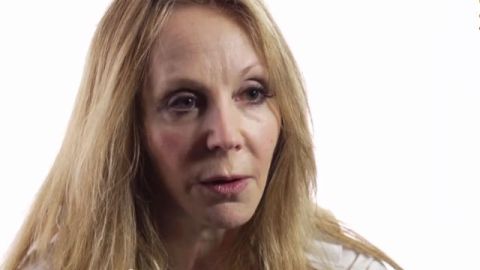What Would Plato Have Thought of Crowdsourcing?

All the questions about the meaning of life, Plato found, belonged to the same area of knowledge, which we now call philosophy. Plato made the quest for understanding life one unified whole. So he would have loved the worldwide web, and would have likely been a proponent of Internet neutrality and keeping the web “whole.” Plato, the father of philosophy, would have indeed loved the Internet, maybe a little too much.
A new book, Plato at the Googleplex: Why Philosophy Won’t Go Away, by novelist Rebecca Goldstein, lets us actually follow Plato around in modern life as he discovers the latest fruits of the Internet revolution. (We even get to listen to Plato speak on a panel, about raising exceptional children, at the 92nd Street Y and appear on a cable talk show, among other pundit adventures.)
“If Plato were to come back today I think he would have a lot to say about so many things but crowdsourcing would be of great interest to him,” says Goldstein. “He’s quite interested in this idea, but he’s very down on it. He’s very much against it because, you know, he doesn’t – he didn’t have much faith in the ethical opinions of the masses. He thought that ethics was a kind of knowledge that is extremely hard to attain. He’s right.”
As Goldstein points out, ethical progress takes time. “Mathematics is a preparation for this kind of knowledge. That you need that kind of dispassion and distance from your own life to be able to access ethical knowledge,” says Goldstein. “[Plato] also would say, I think, well then how do we ever make any ethical progress. How do we ever learn anything new to challenge our intuitions if, in fact, it’s just being crowdsourced?”
The endless fascination of the web would have led Plato to an Internet addiction, Goldstein believes. “I do have Plato getting quite addicted to the Internet and looking up things on the Internet and Wikipedia constantly,” she says. She has Plato also walking around the Googleplex, chatting with engineers, and carrying a Chromebook. After one engineer teaches him about crowdsourcing, the curious Plato is ultimately dubious. “He believed in the expert,” she says. “He believes that it’s extremely difficult to know anything. It takes a tremendous amount of training – years and years of training. He has the rulers of his state studying advanced mathematics for ten years before they can even think about political philosophy. That’s how hard he thinks these things are.”
Watch the video below to check out a clip from Big Think’s interview with Goldstein about her latest book Plato at the Googleplex:





